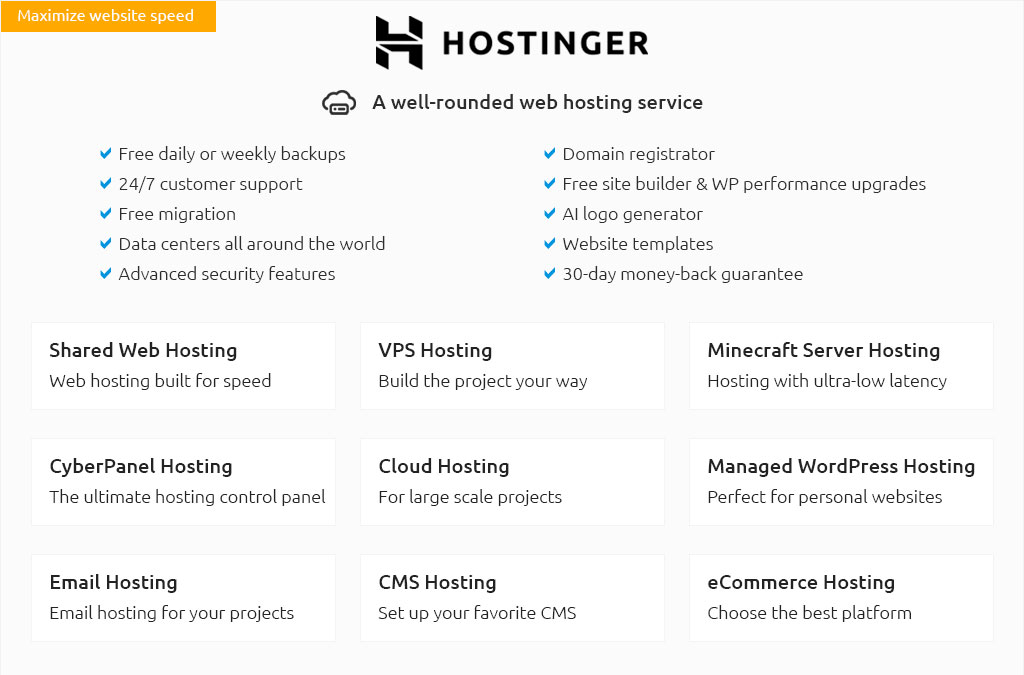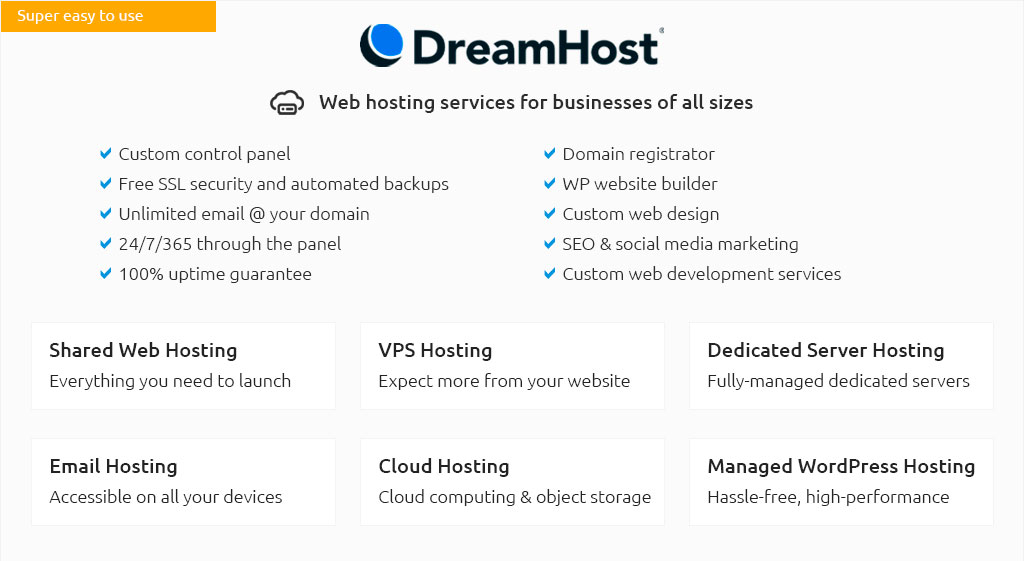 |
|||
 |
 |
 |
|
 |
|
 |
 |
 |
|||
 |
|||
 |
|||
 |
|||
 |
 |
|
Discover the future of web hosting with WebHosting UK-a game-changer in the digital landscape that doesn’t just promise excellence, but delivers it with precision and flair; our comprehensive reviews cut through the noise, spotlighting the unparalleled speed, rock-solid security, and customer-centric support that make WebHosting UK the undisputed leader in hosting solutions, empowering businesses to rise above the competition with agility and confidence, because when it comes to your online presence, settling for anything less than extraordinary is simply not an option.
https://www.webhosting.uk.com/
Our web hosting platform is secure and reliable, offering a 99.9% uptime guarantee, and comes with useful tools, such as the industry-leading cPanel and our ... https://uk.pcmag.com/web-hosting-services/8310/the-best-web-hosting-services
We've selected 11 services for this list, all of which are excellent. Read on for our picks, followed by the key factors to consider when choosing the best web ... https://www.ionos.co.uk/hosting/web-hosting
Premium hosting from Europe's No. 1 provider. 99.99% uptime & advanced security features. Real-time scaling with just one click, exclusive to IONOS.
|